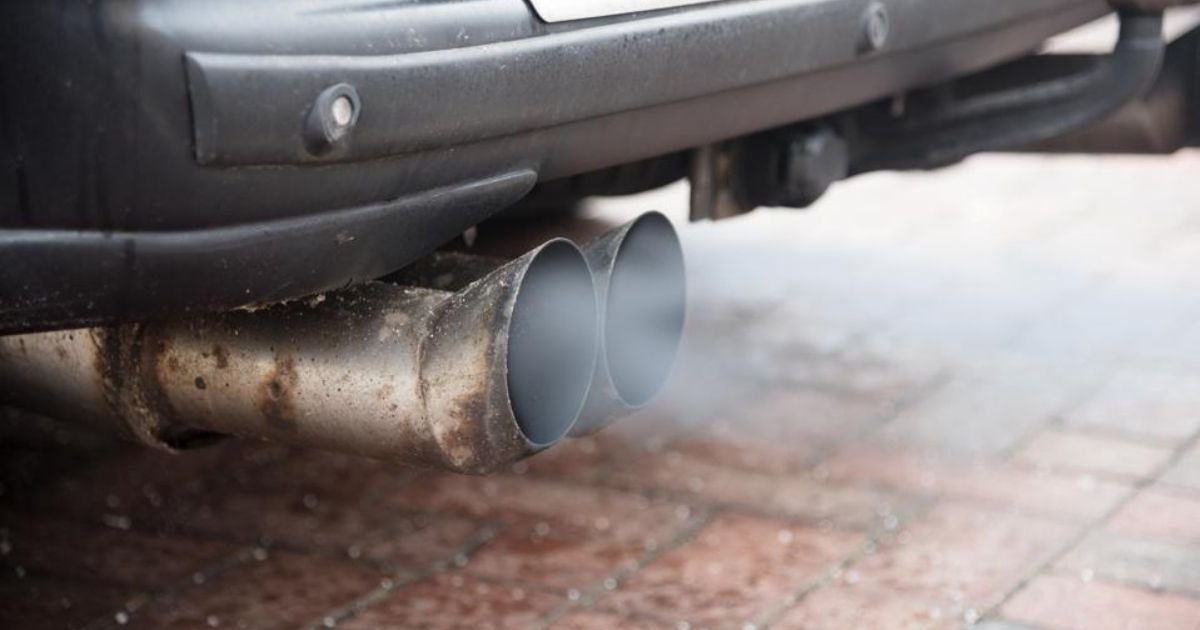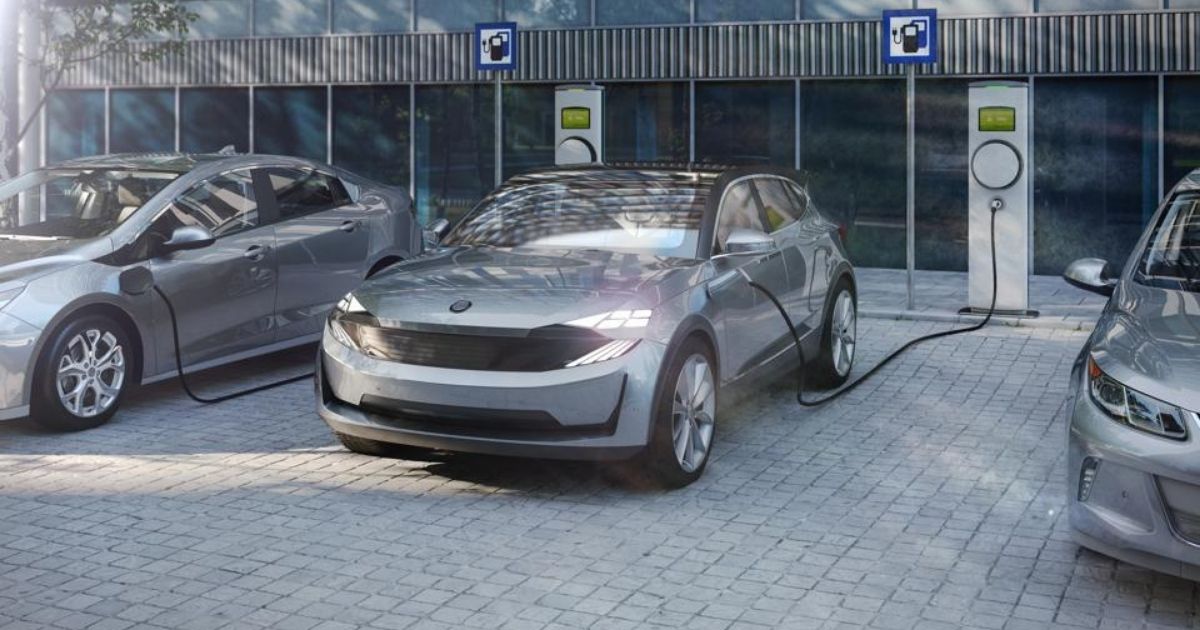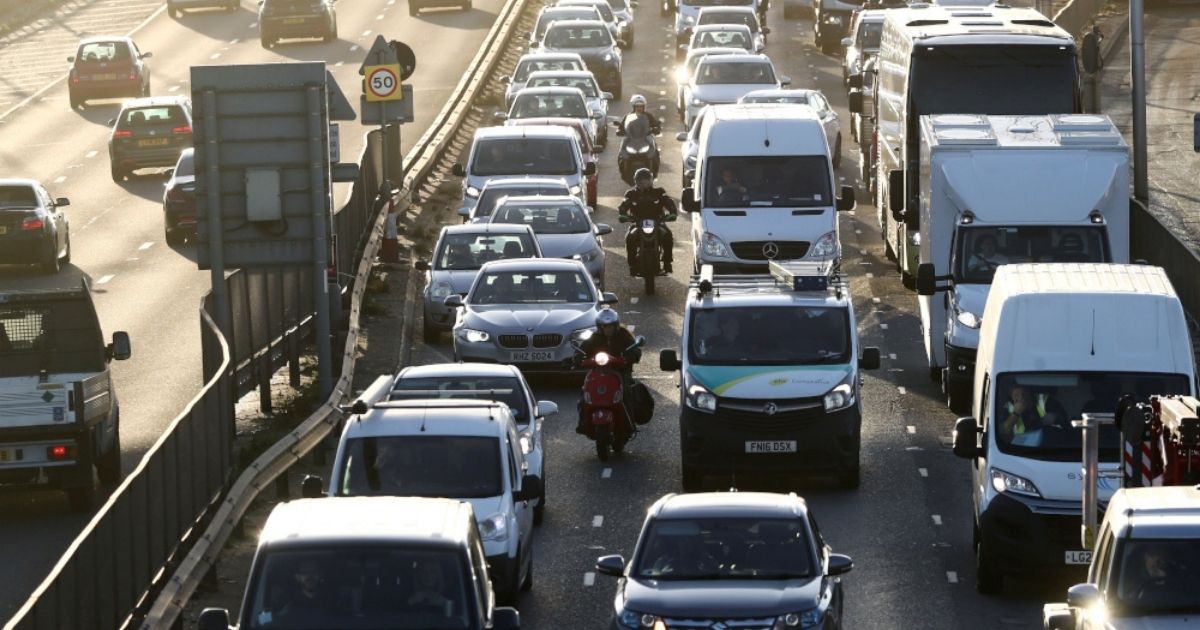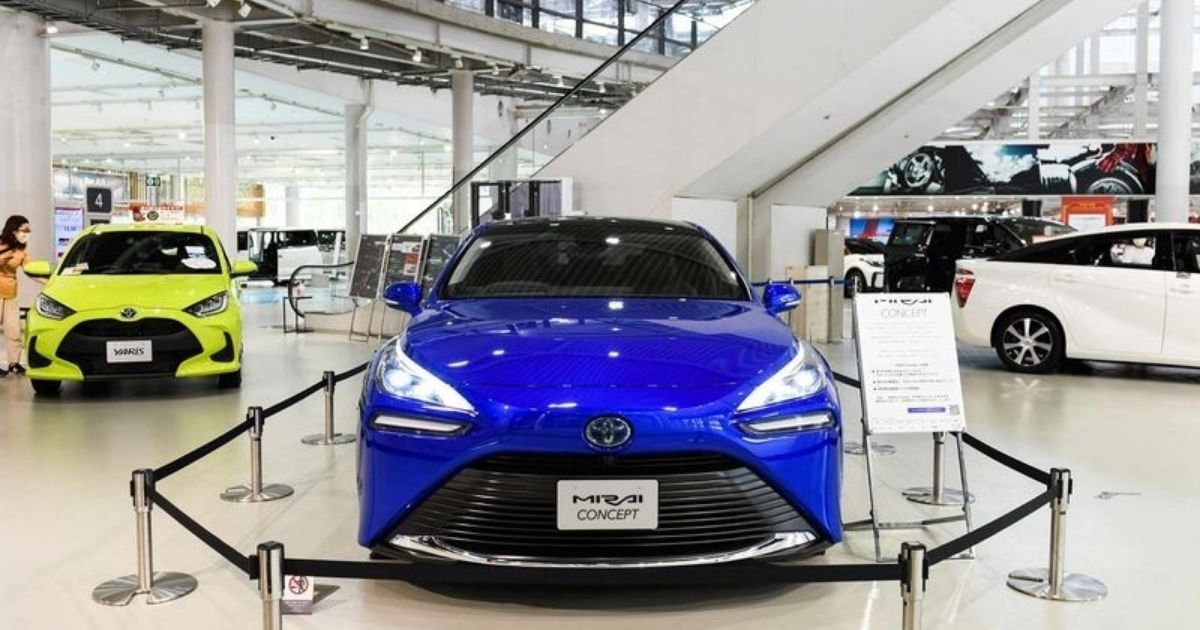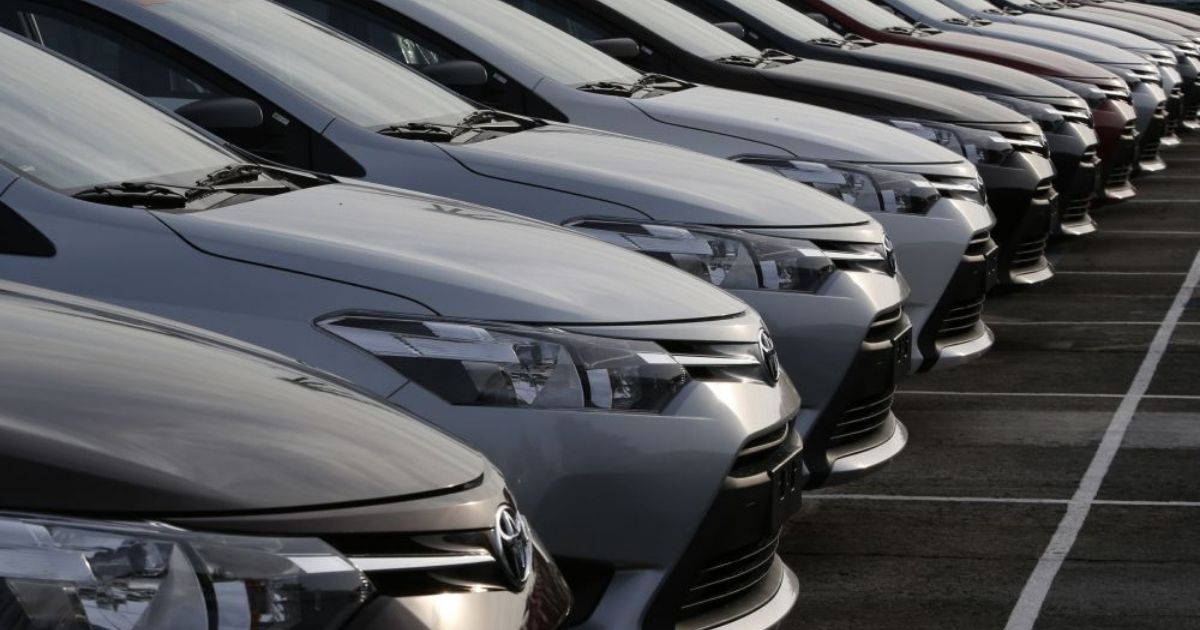Electric cars are increasingly becoming more popular, partly thanks to Elon Musk’s Tesla brand and increasing awareness of benefits to the environment.
While electric cars are still not the go-to option for some motorists, more are being seen on roads all across the world.
As part of the Japanese government’s plans to focus and boost green growth to nearly $2 trillion annually and achieve net-zero carbon emissions by 2050, gasoline will soon be obsolete for Japan’s drivers.
Earlier in October, Prime Minister Yoshihide Suga pledged to wipe out carbon emissions on a net basis by 2050, with the ‘green growth strategy’ aimed at hydrogen and auto industries posed to be a major asset in that promise.
Many nations across the world, whether it’s the EU, UK, or China, are exerting an effort to reduce carbon emissions and are at the forefront of environmental work.
The Prime Minister’s aim for green growth is also connected to the current pandemic, with hopes it’ll help revive an economy damaged due to the pandemic impact of 2020.
Yukari Takamura, professor at the University of Tokyo, told Reuters:
“The government has set up ambitious targets to achieve a carbon-neutral society in 2050. Making clear goals and policy direction in the green growth strategy will give incentives for companies to invest in future technology.”
Actions are now being taken to promote uptake in electric vehicle production and sales.
For instance, the Japanese government will introduce a two million yen green fund to support corporate investment in green technology. The cost of vehicle batteries will also drop by more than 50% to 10,000 yen by 2030.


